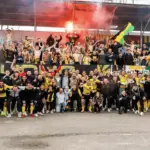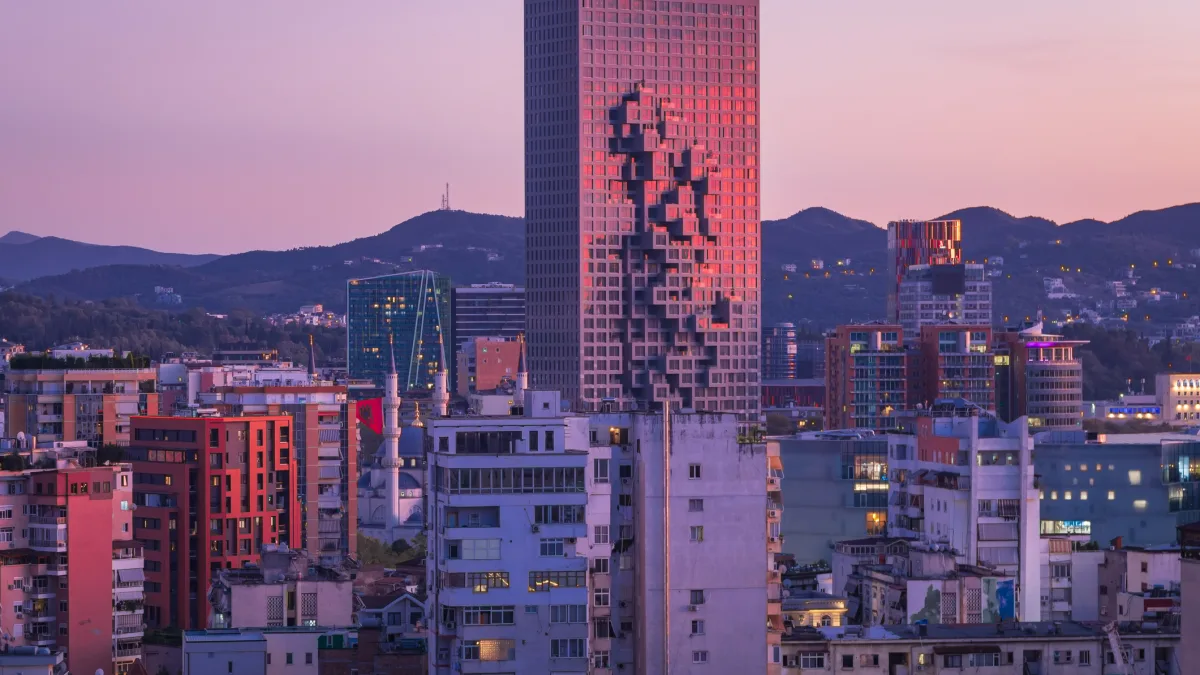Eugene Tsyrklevich, founder and CEO of Parkopedia, glides past rows of desks on a bicycle in his company’s Chișinău office. The glass-walled space is large enough for a 15-metre ride; a fitting metaphor for a company built on movement.
Founded in 2007, Parkopedia now maps over 90 million parking spaces across more than 20,000 cities. Its technology is integrated into car systems from BMW, Audi, and Toyota. In February 2025, the company was acquired by EasyPark Group, one of the largest global mobility platforms. With an estimated worth of over 13.15 million euros, this fast-growing Danish company has approximately 45 million yearly users. “With the addition of Parkopedia, we are making the driver journey more seamless,” says Cameron Clayton, CEO of EasyPark Group.
Eugene Tsyrklevich, who remains CEO, called the acquisition, “a transformative moment for data-driven mobility”. When asked if the acquisition had been financially rewarding, he paused before replying, “It has”.
But Parkopedia wasn’t born in the start-up capital of San Francisco. “When I launched Parkopedia, I had no investors, no contacts, and no team,” he recalls. “I built the first version myself: wrote the code, uploaded the photos, answered support emails, even took out the trash.” The first employees? Moldovan. “I couldn’t afford to hire in London or California.”
Eugene’s background mirrors the journey of many expats: born in Moldova, studied in the US, and founded a company in the UK. But as Parkopedia scaled, Moldova re-entered his plans. He now spends part of his work year in Chișinău.
The Moldova Innovation Technology Park (MITP) plays a major role. The company’s Moldovan team operates within this special platform, which offers a flat seven per cent tax rate and simplified administrative processes.
Investments and ambitions
Chișinău wasn’t just a satellite for Eugene Tsyrklevich. It became the business core. Even though the product didn’t launch in Moldova until years later, it was built there from day one. Today, Parkopedia’s office in Moldova develops core features like AI algorithms for predicting parking and EV charging availability. The team handles customer service, data entry, and backend systems—all under one roof. Besides, Eugene is a member of the board of directors of Startup Moldova.
And he is not the only Moldovan founder who’s helping the start-up ecosystem in Moldova using global experience to reshape local potential.
Dmitri Liberman, COO of the e-mobility start-up Port and former regional expansion lead at Bolt, is a different kind of returnee, one who never truly left. After launching Uber in Ukraine and managing operations at Delivery Hero, Liberman joined Bolt to scale Bolt Food and Bolt Market from a pilot stage to continent-wide platforms.
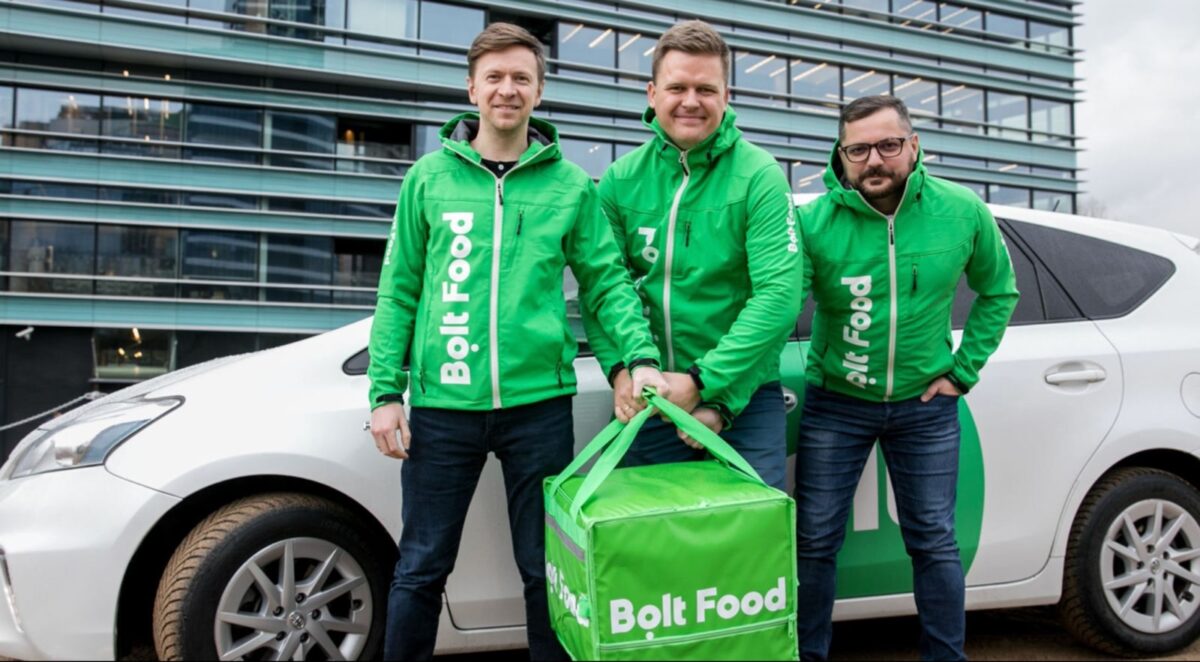
Born in Moldova and educated in Bulgaria, Liberman built his career scaling operations for Uber, Delivery Hero, and Bolt across Europe and Africa.
“In Sweden, people want organic vegan options. In Nairobi, it’s all about affordable fast food,” he says. That experience taught him to scale fast, adapt constantly, and lead globally distributed teams. Now, as COO of Port, Liberman is building a different kind of mobility system: a network of urban e-bike hubs for delivery riders.
In just one year, Port has deployed over 1,000 e-bikes across London and Stockholm. “We’re not just adding vehicles,” he says. “We’re redesigning infrastructure.” Each hub provides fully charged bikes, on-site maintenance, and custom software for route planning and battery swaps. In major cities, one hub can serve up to 150 riders daily.
What makes Moldova relevant again is not nostalgia, but opportunity. “I’m not trying to just come home. I’m trying to build where it makes sense,” he explains. Liberman sees Moldova’s sharp engineering talent, lean operating costs, and favourable tax regime of MITP as assets for launching future mobility and AI products. “Being Moldovan taught me to be frugal, alert, and resilient,” he says. “That mindset is a superpower in fast-moving tech.”
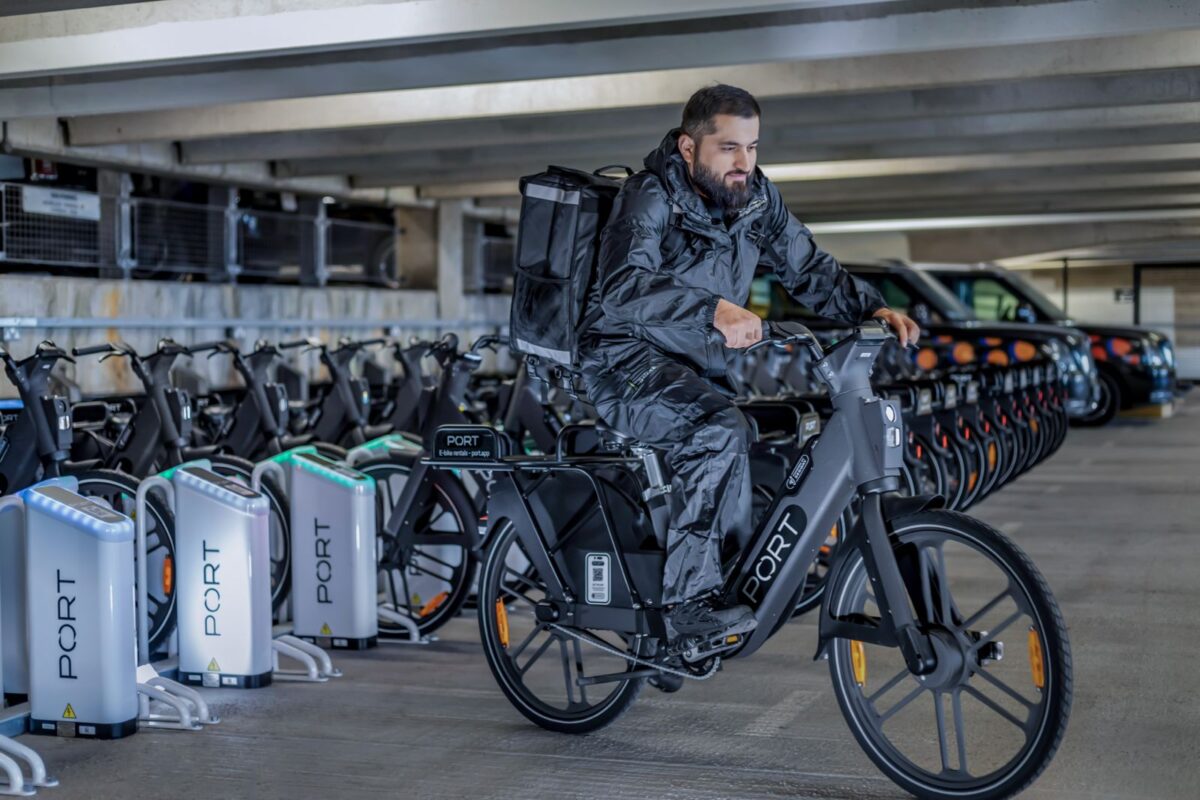
With Port planning to quadruple its fleet this year and already designing its own charging stations, Liberman’s strategic eye is back on Chișinău as a possible site for pilots and as a place where the next global tech founders may emerge.
Soil and talents for business
Valeria Vulpe, a former Google data scientist who spent eight years working in search analytics, is among the Moldovan expats exploring new ways to reconnect with their home country. Raised in Chișinău, she left to study in the US and UK and eventually joined Google’s California office. While she didn’t engage professionally with Moldova during her corporate years, she maintained close personal ties and now sees fresh opportunities to contribute.
“I’ve always cared about Moldova,” she says. “I just never saw a clear way to get involved.” That changed during the pandemic, when remote work gave her more flexibility. Then, she held a packed stand-up workshop in Chișinău. Now, Valeria works as a mentor and freelance advisor, helping people prepare for tech interviews and understand how global companies function.
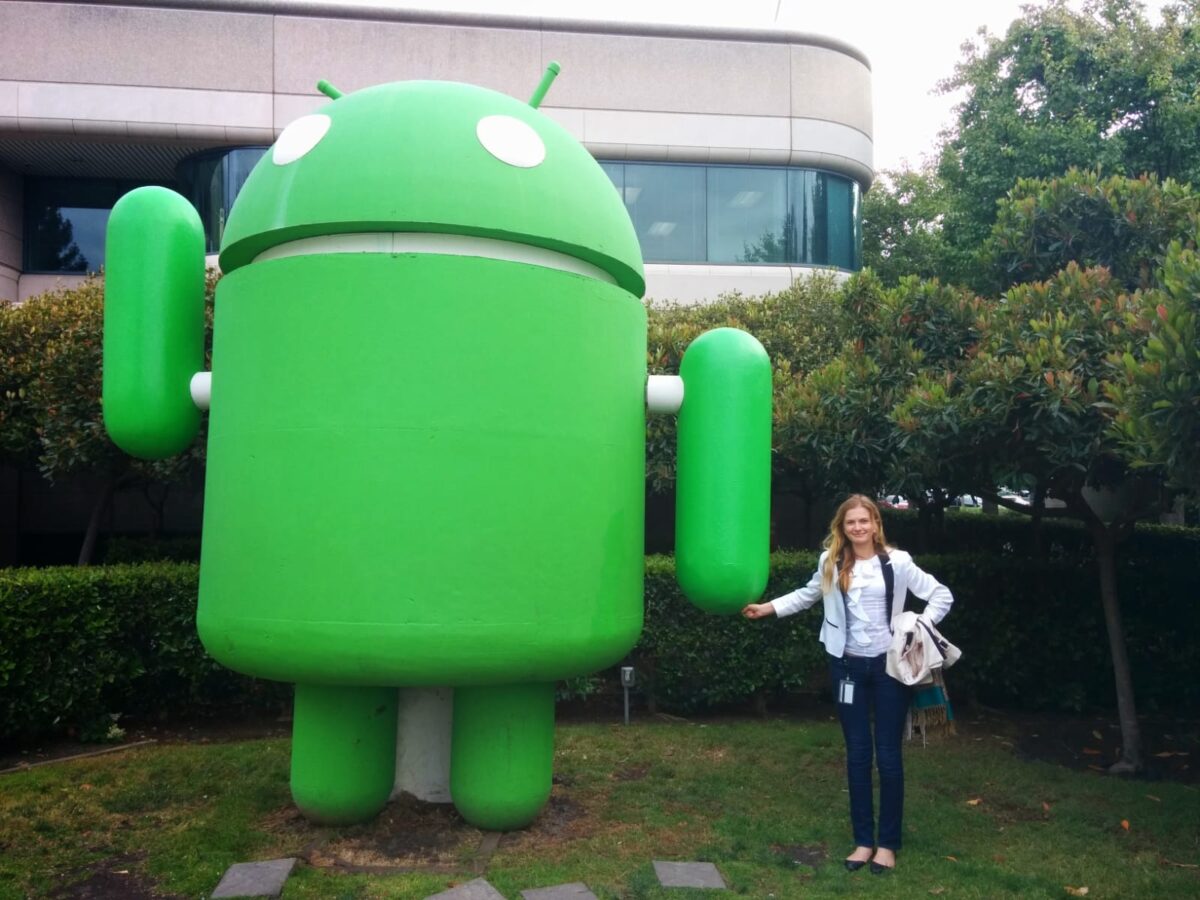
“Moldova is underpriced talent,” says Vasile Tofan, senior partner at Horizon Capital, a leading regional private equity firm.
From an investor’s point of view, Tofan believes the country’s next leap won’t be driven by sentiment, but by strategy. “The IT sector has been mostly service-oriented. What’s missing is the belief that Moldovans can build and lead global products,” he says. “Ultimately, business comes down to people. Integrity is ground zero. Without that, everything else collapses.”
He also sees Moldova as part of a broader geopolitical shift. “If you ask me where the frontier of the free world is today, I’d say Ukraine; and Moldova comes as part of the package,” he adds.
That mindset aligns with how founders like Eugene Tsyrklevich and Dmitri Liberman now operate. “You don’t have to be in San Francisco to launch something global,” Liberman says. Eugene credits Moldova as foundational: “Moldova allowed Parkopedia to exist.” For him, Chișinău is not a retreat; it’s a base. “I don’t just visit Moldova. I belong here, just as I do in London or California. This is where the story started.”
Eugene Tsyrklevich, CEO of Parkopedia: ‘When I launched Parkopedia, I had no investors, no contacts, and no team’. Photo by Iurie Gandrabura.

